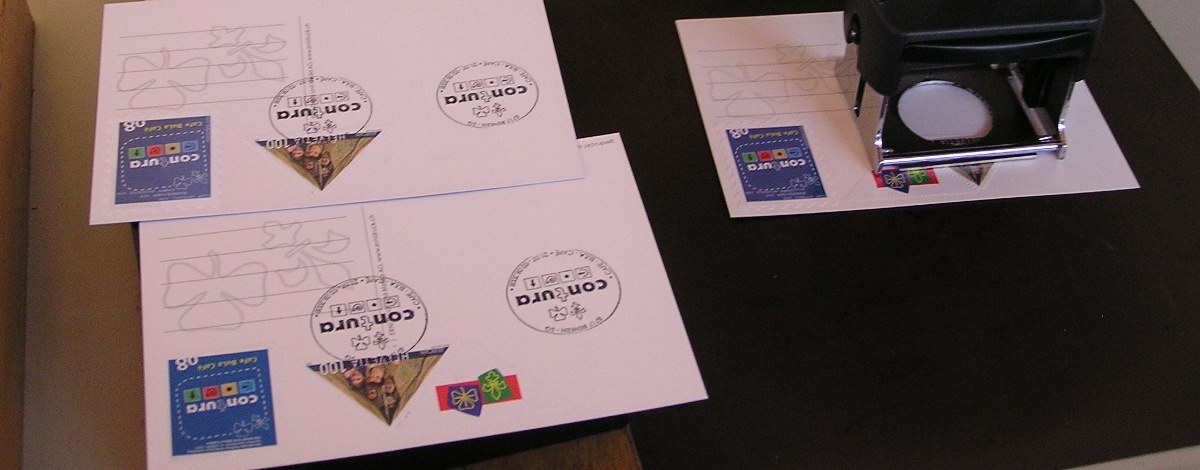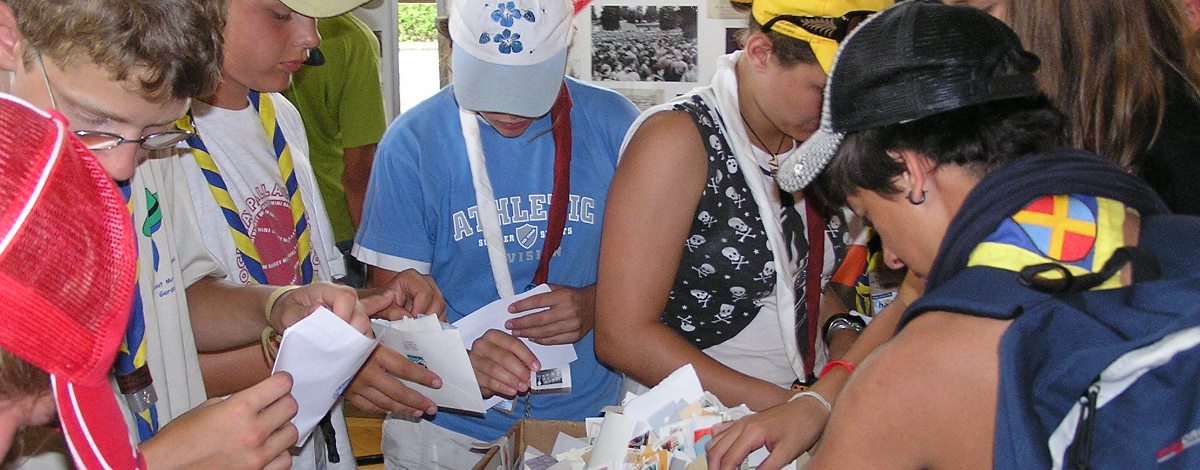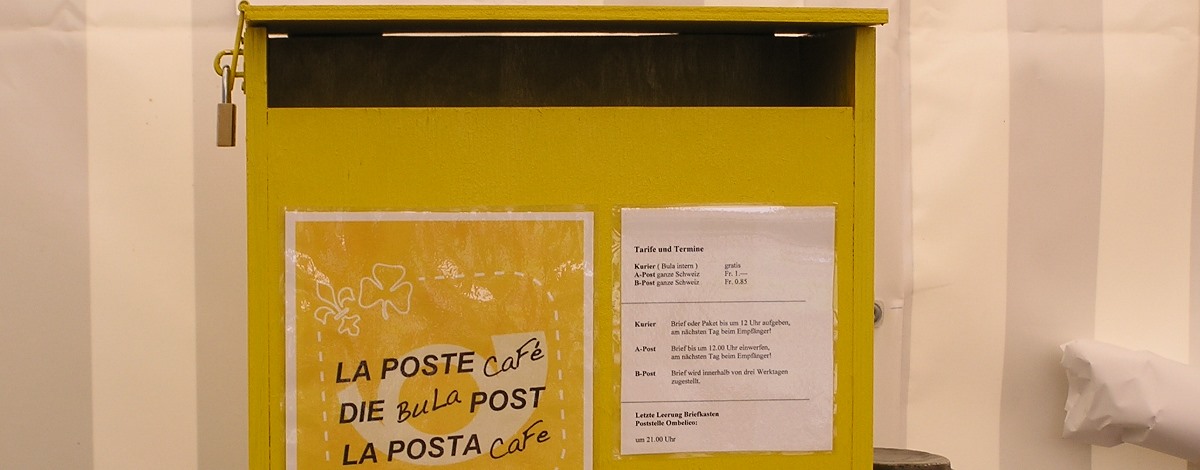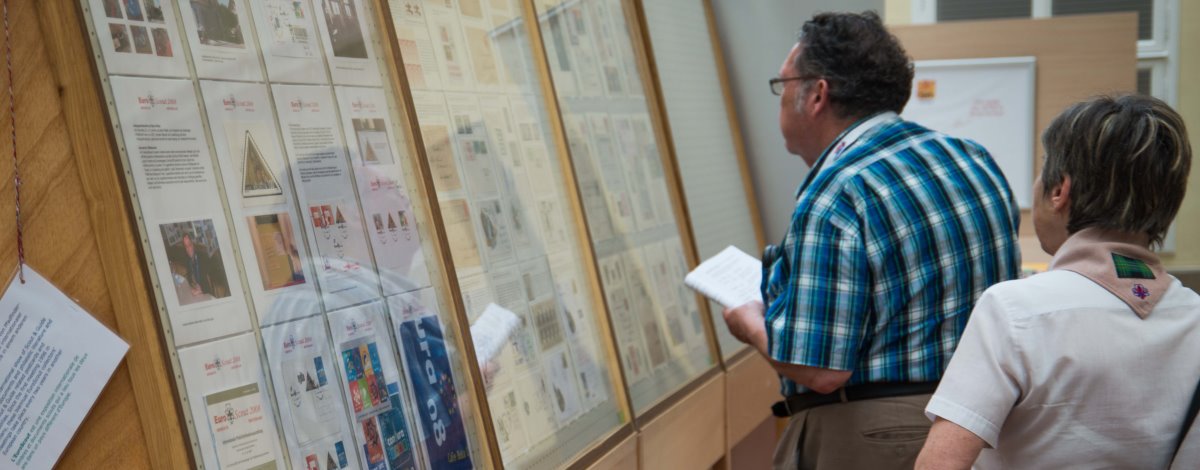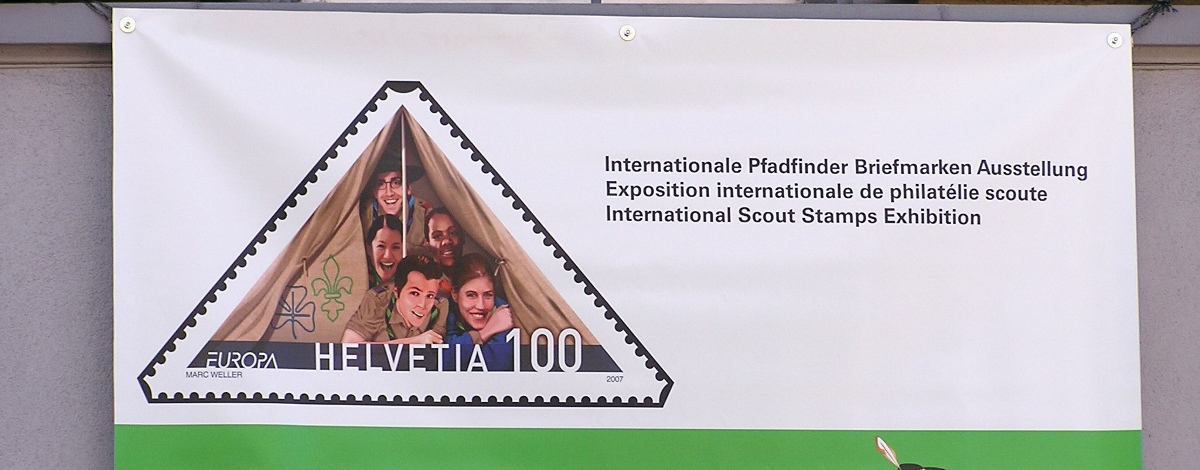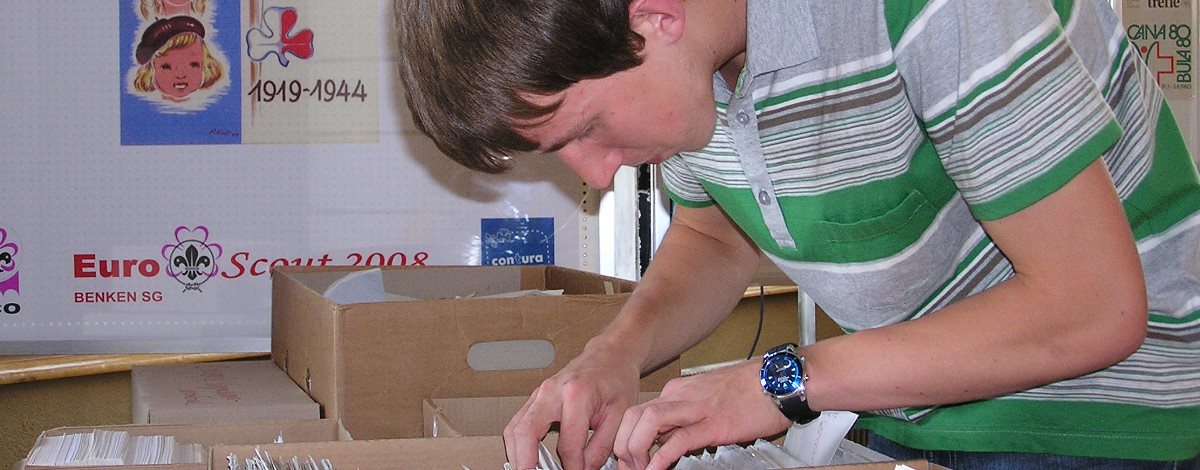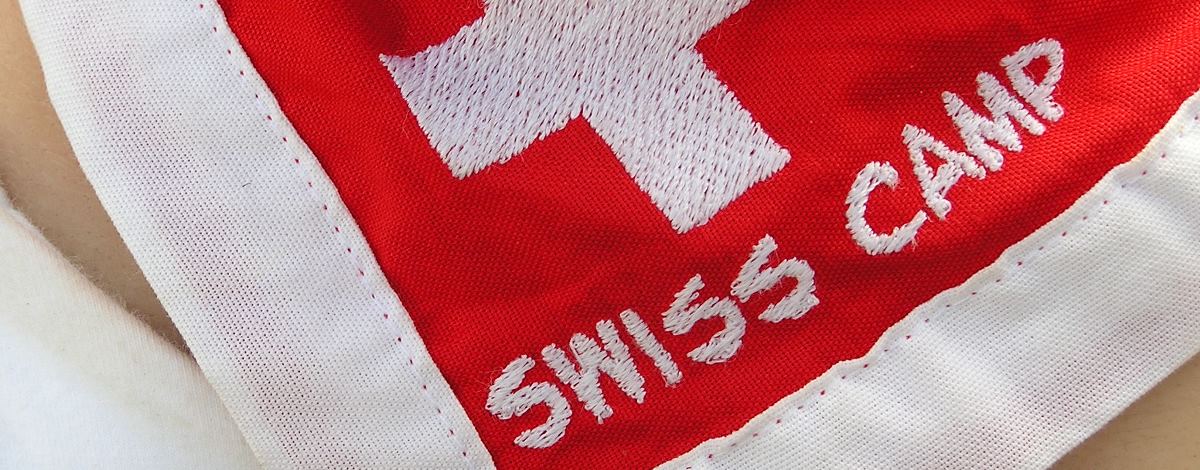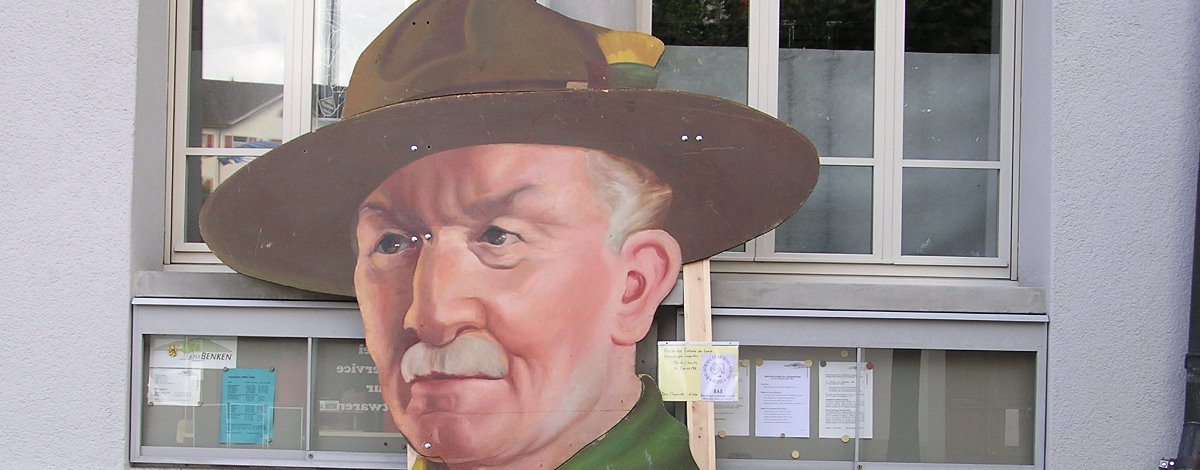BuLa Story - 1st Swiss Scout Camp, Berne, 1925
Soon after the founding of the Swiss Scout Association in 1913, there was a desire to camp together. At that time, the SPB had 5211 members, of whom over 2500 took part in the "1st Swiss Scout Camp". The contingents were divided cantonally and came from the following regions (names of delegation leaders in brackets): Aargau (Ed. v. Okolski), Basel (Dr. Rütimeyer), Bern (E. Schori), Bern-Jura (Dr. Waldvogel), Fribourg (G. Brügger), Geneva (André Lederrey), Grisons (Chr. Simmen), Neuchâtel (Henry Gerber), Schaffhausen (Hermann Stockar), Solothurn (E. Schori, Bern),
St. Gallen (Hrch. Mettler), Ticino | (Camillo Bariffi), Ticino Il (Werner Bickel, Bern), Thurgau (Walter Stutz), Vaud (Rev. E. Thilo), Valais (Louis Pignat), Zug (Max Kramer), Zurich (Karl Bosshardt).
The invitation to this first national camp was extended by the Bernese Scouts, who also provided the camp leadership and the various committees. We come across names such as Fred Bieri (camp leader), Hannes Juncker, Manfred v. Wattenwyl, A. Lombard, Ernst Trachsel – leaders whose merits are still have not been forgotten until today. One of them, Ernst Trachsel/Etra, had the kindness to give us some additional information:
"The camp was located on the flat Allmend and was rectangular, built in the style of an English military camp.This was probably due, at least in part, to the fact that the camp leader, Fred Bieri, had grown up in Australia and Great Britain and had received his first training in an English camp.
As most Scout sections had little or no tent material of their own at the time, the camp management provided a large number of so-called baker's tents (accommodation for 20 men each at a rental fee of five francs) from military stocks. The Federal Camp of 1925 enjoyed a great deal of interest from the authorities at all levels, as well as from the population. On the official day, the Chief of the General Staff, Colonel Roost, and a four-man representation of the Federal Council, Federal Councillors Chuard, Häberlin, Motta and Scheurer, marched up. The Bernese population flocked to the three campfires, which I had the honour of presiding over, and formed a large, wide frame around the 2500 scouts in the round."
It should be added that a cub camp was also held, which was domiciled in the Laubegg schoolhouse. Laubegg schoolhouse and one of the highlights was a visit to the scout camp on the Allmend.
The camp fee for the scout camp was five francs and included the camp fee and straw for the whole duration of the camp. The camp management supplied all food at wholesale daily prices. The preparation of the daily menus and meals was the responsibility of the individual sections and corps. Per camp day and per head, a catering amount of fr. 1.38 had to be reckoned with.
Finally, an excerpt from the welcome address of the Scout Committee:
"It is, of course, not possible to form a blood brotherhood with all Scouts and to find a Scout ideal for eight days in a dense, chattering crowd of people. But no one is asking for that; on the contrary, the camp management has tried to give the units as much freedom as possible. No one should get the feeling of being caught in a machine that shakes and jolts them for eight days. After all, it's a holiday, and everyone should have the opportunity to daydream in front of their tents, roam around the surroundings of Bern and along the Aare, or compete freely."

